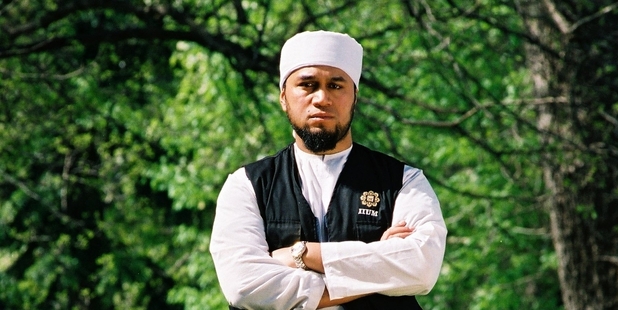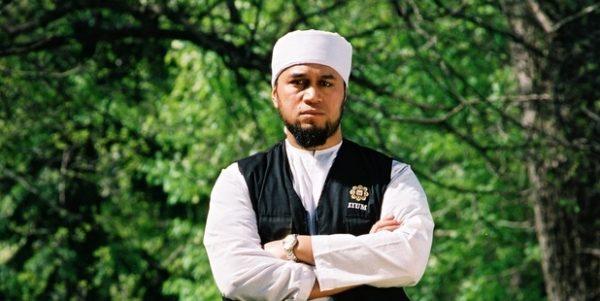Prison staff on alert for terror links.

Guards working in Auckland Prison at Paremoremo have been told to monitor inmates for any sign of contact from terrorist groups.
The direction came in an email to management at the country’s largest prison this week.
Corrections officers will now monitor letters and telephone calls for anything that could point to terrorist activity, a source inside the prison said.
Guards already inspect prisoner correspondence for mention of illegal activity or contraband such as drugs, and are able to listen in on phone calls.
The email from prison manager Bryan Christie warned that terrorist groups used prisons to recruit members and staff should be vigilant.
Corrections acting northern region manager Neville Mark said the email stemmed from a recent presentation on how terrorist networks recruit and operate.
“Following this, Auckland Prison staff were sent an email reminding them to be vigilant about any suspicious activity among prisoners, as research suggests prisons are a potential source of recruits for terrorism.”
He said there had not been any advice or evidence that terrorists cells were operating in New Zealand prisons.
“It was simply a reminder to staff of the need to continue to be vigilant.”
The police counter-terror expert, Assistant Commissioner Jon White, said terrorists had gained access to prisoners overseas and police were “always conscious of the need to be aware that this has happened elsewhere and to be alert for the possibility of it occurring in New Zealand”.
Mr White said he had not seen the email and could not comment on the warning but said there was an internationally recognised practice of prisoners being approached for religious “training or education”.
“There have been instances where people with extreme views have been able to access prison inmates and there have been concerns about connections to terrorist groups.”
Mr White said he did not know what sparked the prison email but could not comment on the origins of any information that led to security alerts.
In August, New Zealand First leader Winston Peters said he had been approached by two prison staff concerned about a “new phenomenon” of former Maori gang members converting to radical Islam.
A year before, it had emerged that Te Amorangi Izhaq Kireka-Whaanga, leader of the Aotearoa Maori Muslim Association, had been visiting prisoners. The visits were banned after the media attention.
Census figures show the number of Maori Muslims had increased from 99 to 708 in the 10 years to 2001, and Mr Kireka-Whaanga said in October that numbers had shot up since the September 11 attacks.
Islam was the perfect vehicle for Maori nationalism. “We [Muslims] have the principle of taqwa … being God-fearing. We fear nothing and no one but God. We don’t fear Helen Clark, we don’t fear George Bush.”
In 2003, US senators urged prison chiefs to review how they recruited Muslim chaplains after a small number were suspected of recruiting and training Islamic militants.
[simple-payment id=”2583″]

